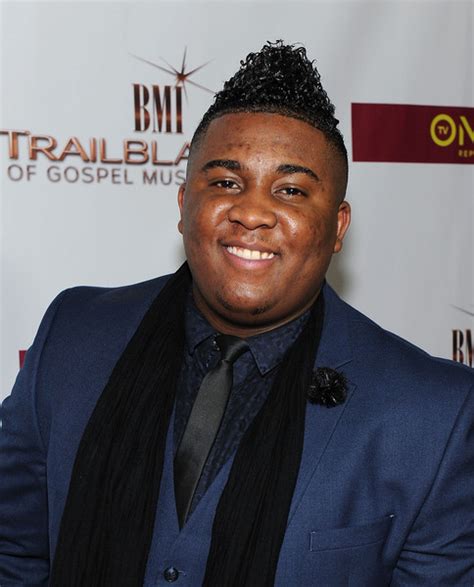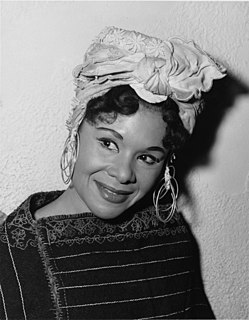A Quote by Elizabeth Diller
I was a rebel. I never wanted to build. We thought of architecture as intellectually bankrupt and slightly corrupt, and I was always more interested in other forms of discourse.
Related Quotes
It's not that everything needs to have substance, but when nothing does then you know we're living in a bankrupt society, an artistically bankrupt society, and that's not okay. I think there's room for forms of entertainment that are very light and frivolous and fun, but when those forms of entertainment, forms of "art" if you will, become presented as something more than that, and are believed to be something more than that, then we've got a lot of problems.
It was very definitely architectural. I was using the words on the page as some kind of equivalent of a physical model. But I never thought at that point that I wanted to move toward architecture. I wanted to move toward real space. Sure, that's probably another way of saying, I want to move toward architecture. But I didn't define real space in terms of architecture, then.
Sustainability has become a religion in architecture - not that there's anything wrong with it - but I think it has to work both ways. Everyone thinks architecture has to be subservient to sustainability, but what if we thought in the other direction, like, what can sustainability do to make architecture more exciting?
Literature is a form of language that breaks with the whole definition of genres as forms adapted to an order of representations, and becomes merely a manifestation of a language which has no other law than that of affirming in opposition to all other forms of discourse its own precipitous existence.
Creativity doesn’t come from glancing quickly at your Twitter feed while in line at Starbucks. It comes from deep thought. It comes from voraciously reading books—long books that require focused attention. It comes from meaningful discourse with other intellectually curious people. It comes from listening and asking good questions.
My rebellion was telling my dad, "No, you're wrong, you don't know what's best for me. I'm not gonna waste my time in college." You know the story. He thought he was an abject failure 'cause he didn't convince me to go to college. I didn't rebel against my dad's economic status. I didn't rebel against what I thought were old-fashioned, archaic moral values. I didn't rebel by going out and wrecking the car and getting drunk and being irresponsible. I rebelled against their assumption they knew better than I did, what I wanted, and what I needed.






































